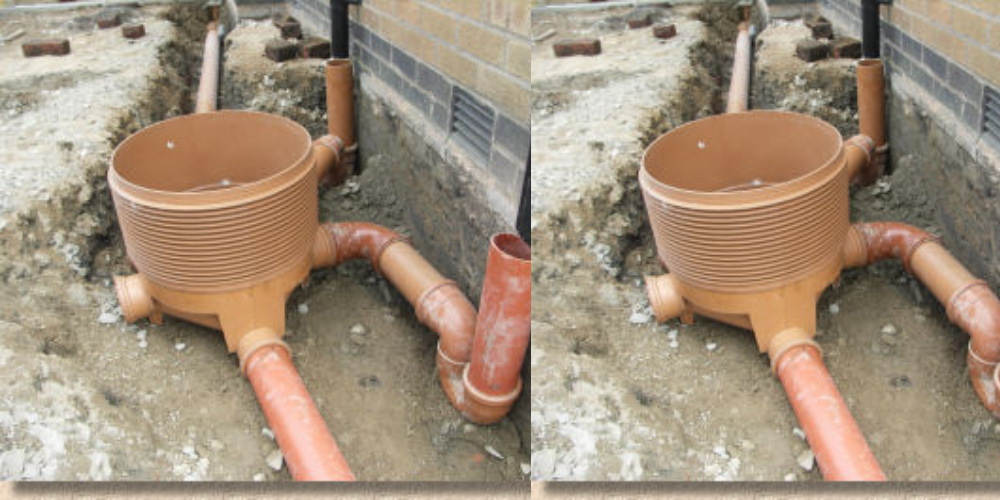Step by step process:
Here is a step-by-step method for purchasing bulk inspection chambers from a wholesale supplier:
- Identify your requirements – Determine the number of inspection chambers you need and the specifications such as the size, material, and features required. Make sure that the inspection chambers you are purchasing meet your needs and are compatible with your drainage system.
- Research potential suppliers – Research potential wholesale suppliers of inspection chambers. Consider factors such as their reputation, product quality, pricing, delivery options, and customer service.
- Contact suppliers – Contact the suppliers on your shortlist and request a quotation based on the quantity and specifications you require. Be sure to provide as much detail as possible to ensure an accurate quote.
- Evaluate quotes – Review and evaluate the quotes from the suppliers based on factors such as pricing, lead times, delivery options, and payment terms. Consider the total cost of ownership, including shipping and any applicable taxes or duties.
- Place an order – Once you have selected a supplier, place an order for the required quantity of inspection chambers. Ensure that you have provided accurate shipping and payment details.
- Arrange for payment and shipping – Arrange for payment of the order and shipping of the inspection chambers. Confirm the delivery schedule and ensure that any applicable customs or import requirements are met.
- Receive and inspect the goods – Upon receipt of the inspection chambers, inspect them to ensure they meet the required specifications. Check for any damage or defects and report any issues to the supplier immediately.
- Maintain and use the inspection chambers – Proper maintenance and usage of the inspection chambers are essential for their longevity and optimal performance. Follow the manufacturer’s instructions for cleaning and maintenance and ensure that the chambers are used according to their intended purpose.
You can ensure that you purchase bulk inspection chambers from a reliable supplier and receive quality products that meet your needs by following these steps.
What is the role of the supplier in providing inspection chambers to user:
The role of the supplier in providing inspection chambers to the user is critical in ensuring that the user receives a product that meets their needs and performs as intended. Here are some of the key roles that a supplier plays in providing inspection chambers:
- Manufacturing – The supplier is responsible for manufacturing the inspection chambers according to the user’s specifications. This involves selecting the appropriate materials, using the correct manufacturing processes, and ensuring that the chambers meet the required quality standards.
- Quality assurance – The supplier is responsible for ensuring that the inspection chambers are of high quality and free from defects. This involves conducting quality control checks during the manufacturing process, as well as testing the final product before delivery to the user.
- Technical support – The supplier should provide technical support to the user, including guidance on the installation and maintenance of the inspection chambers. This can include providing technical documentation, offering training, and answering any questions the user may have.
- Shipping and logistics – The supplier is responsible for ensuring that the inspection chambers are shipped to the user safely and on time. This involves coordinating with logistics partners and ensuring that the chambers are packaged properly to prevent damage during transportation.
- After-sales support – The supplier should provide after-sales support to the user, including responding to any issues or concerns that may arise after delivery. This can include offering repair or replacement services, as well as providing ongoing technical support and maintenance advice.
Overall, the supplier plays a crucial role in ensuring that the user receives high-quality inspection chambers that meet their needs and perform as intended. By providing manufacturing, quality assurance, technical support, shipping and logistics, and after-sales support, the supplier can help ensure a successful partnership between the supplier and the user
